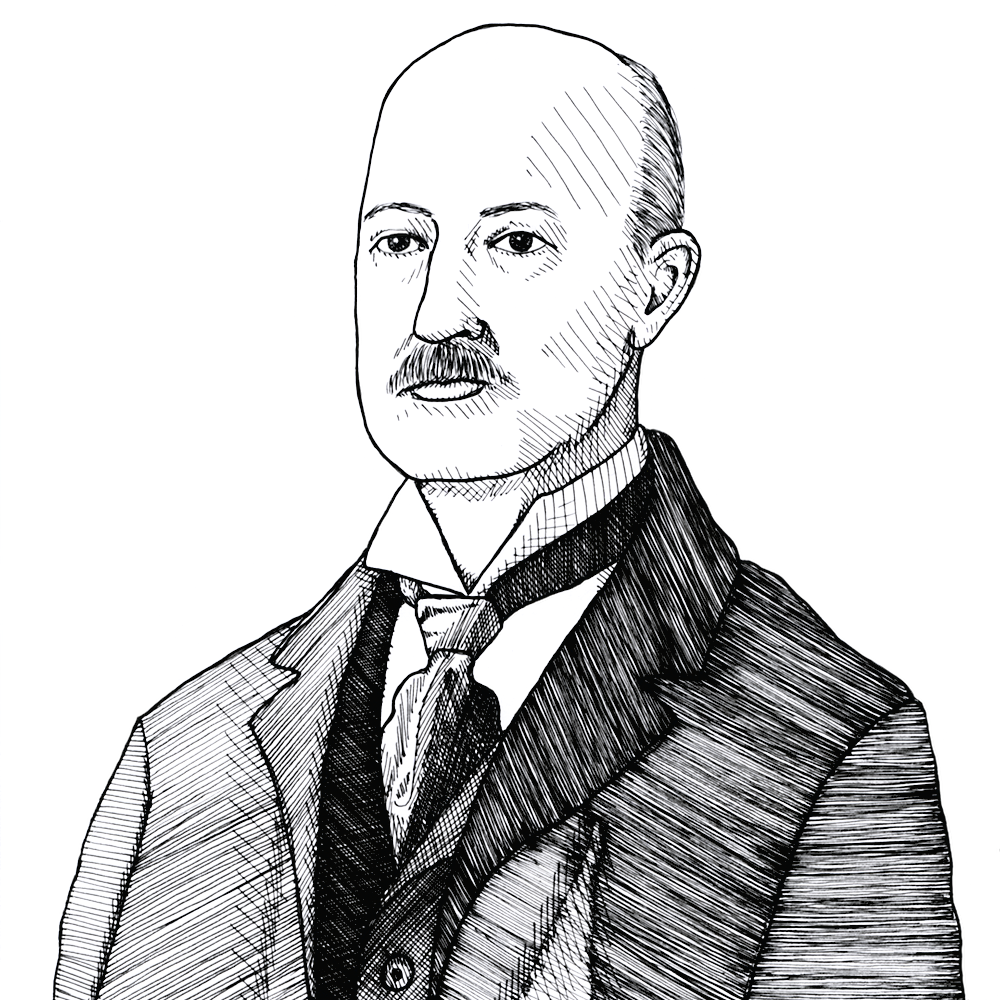
Sumner on the legalization of robbery by the State (1883)
Found in: What Social Classes Owe to Each Other
The American sociologist William Graham Sumner (1840-1910) argues that for centuries individuals and groups have struggled to gain control of the state for their own benefit. Under the guise of “high-spun theories of nationality, patriotism, and loyalty” the same old power struggle continues in the present day:
The State
The history of the human race is one long story of attempts by certain persons and classes to obtain control of the power of the State, so as to win earthly gratifications at the expense of others. People constantly assume that there is something metaphysical and sentimental about government. At bottom there are two chief things with which government has to deal. They are, the property of men and the honor of women. These it has to defend against crime. The capital which, as we have seen, is the condition of all welfare on earth, the fortification of existence, and the means of growth, is an object of cupidity. Some want to get it without paying the price of industry and economy. In ancient times they made use of force. They organized bands of robbers. They plundered laborers and merchants. Chief of all, however, they found that means of robbery which consisted in gaining control of the civil organization—the State—and using its poetry and romance as a glamour under cover of which they made robbery lawful. They developed high-spun theories of nationality, patriotism, and loyalty. They took all the rank, glory, power, and prestige of the great civil organization, and they took all the rights. They threw on others the burdens and the duties.